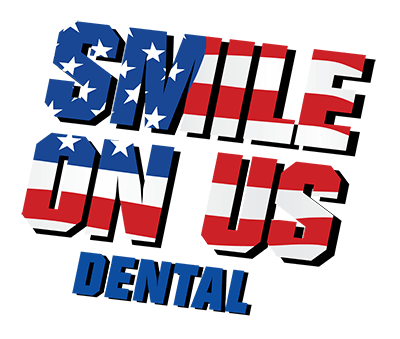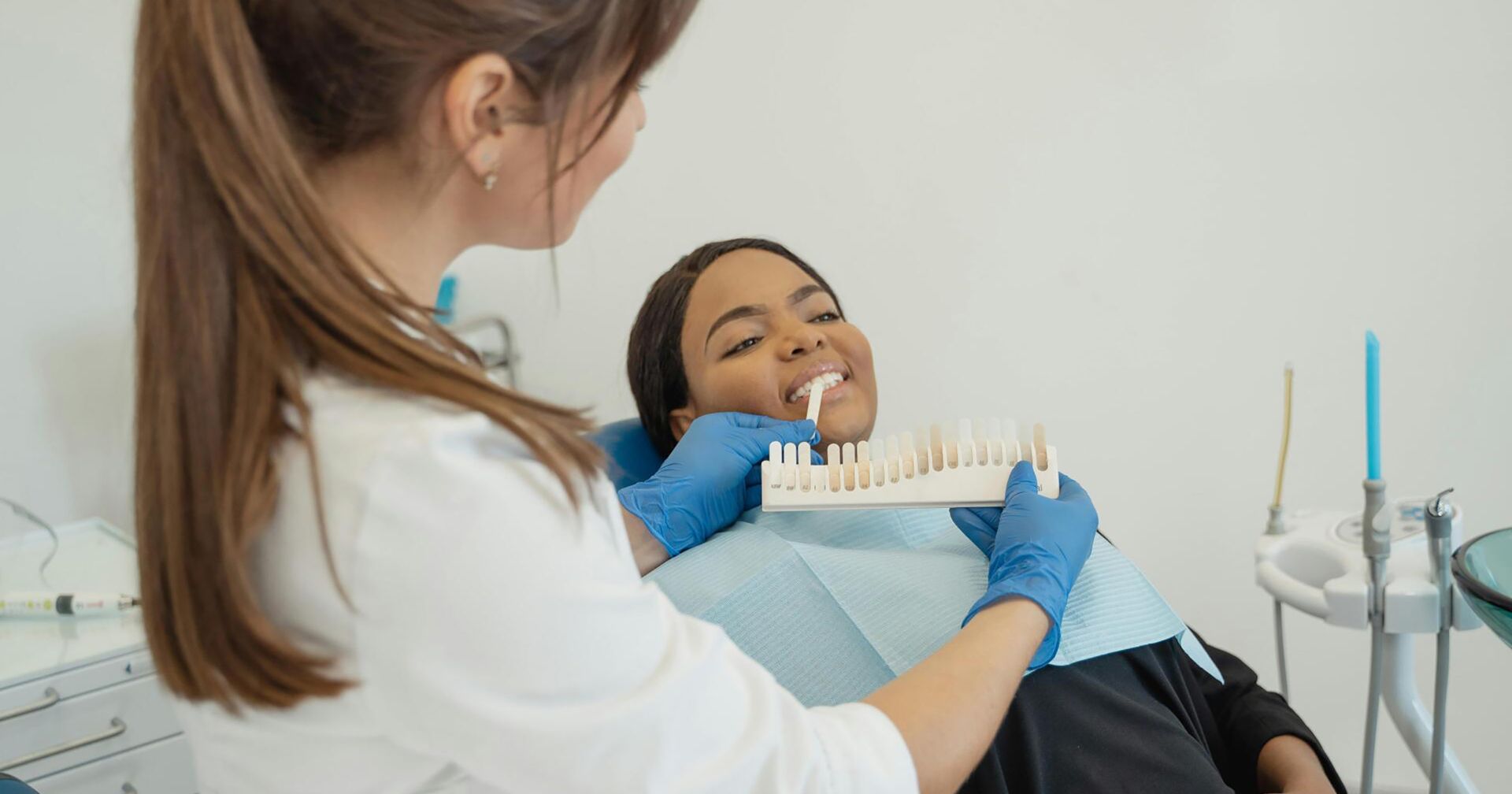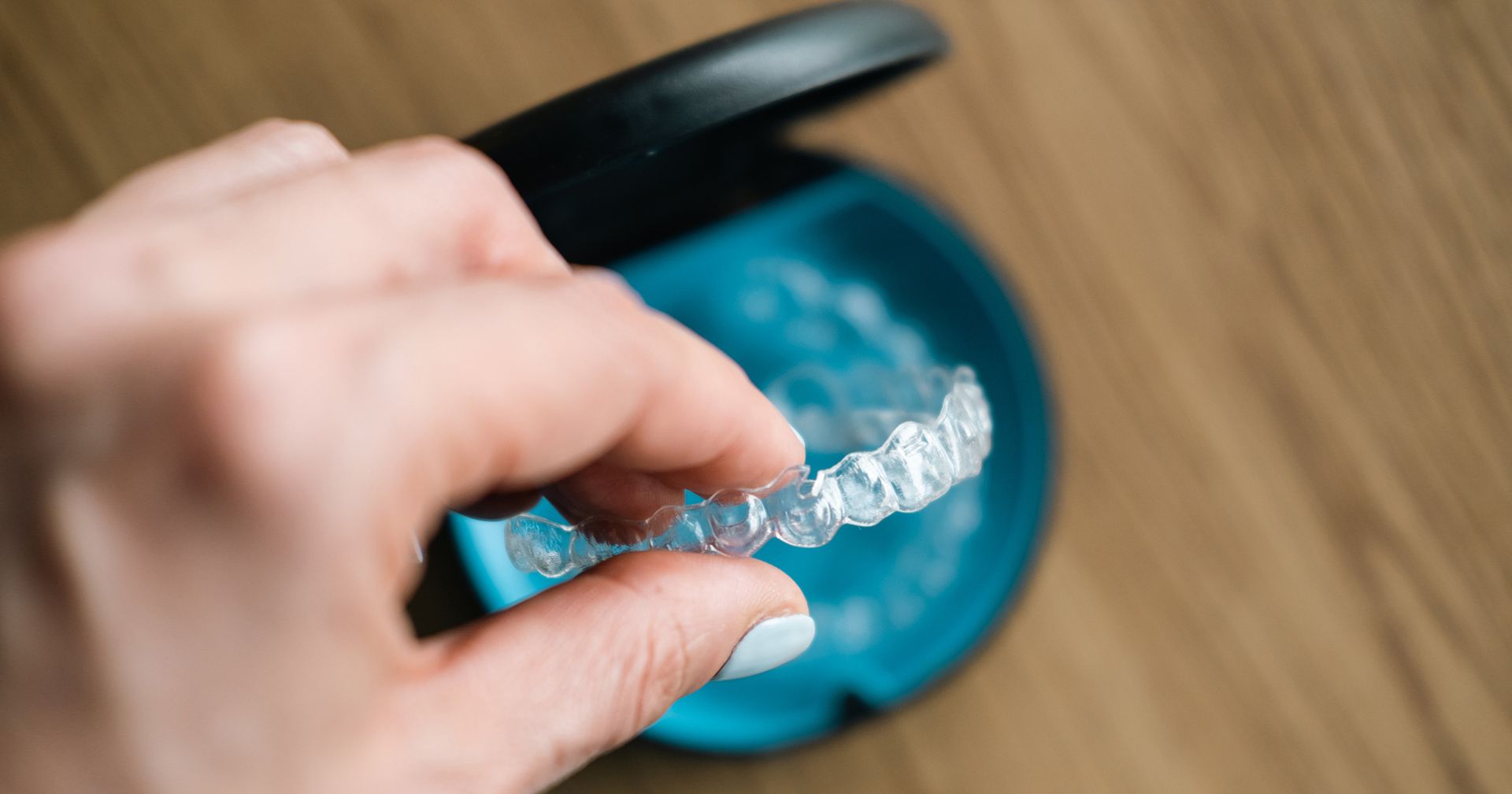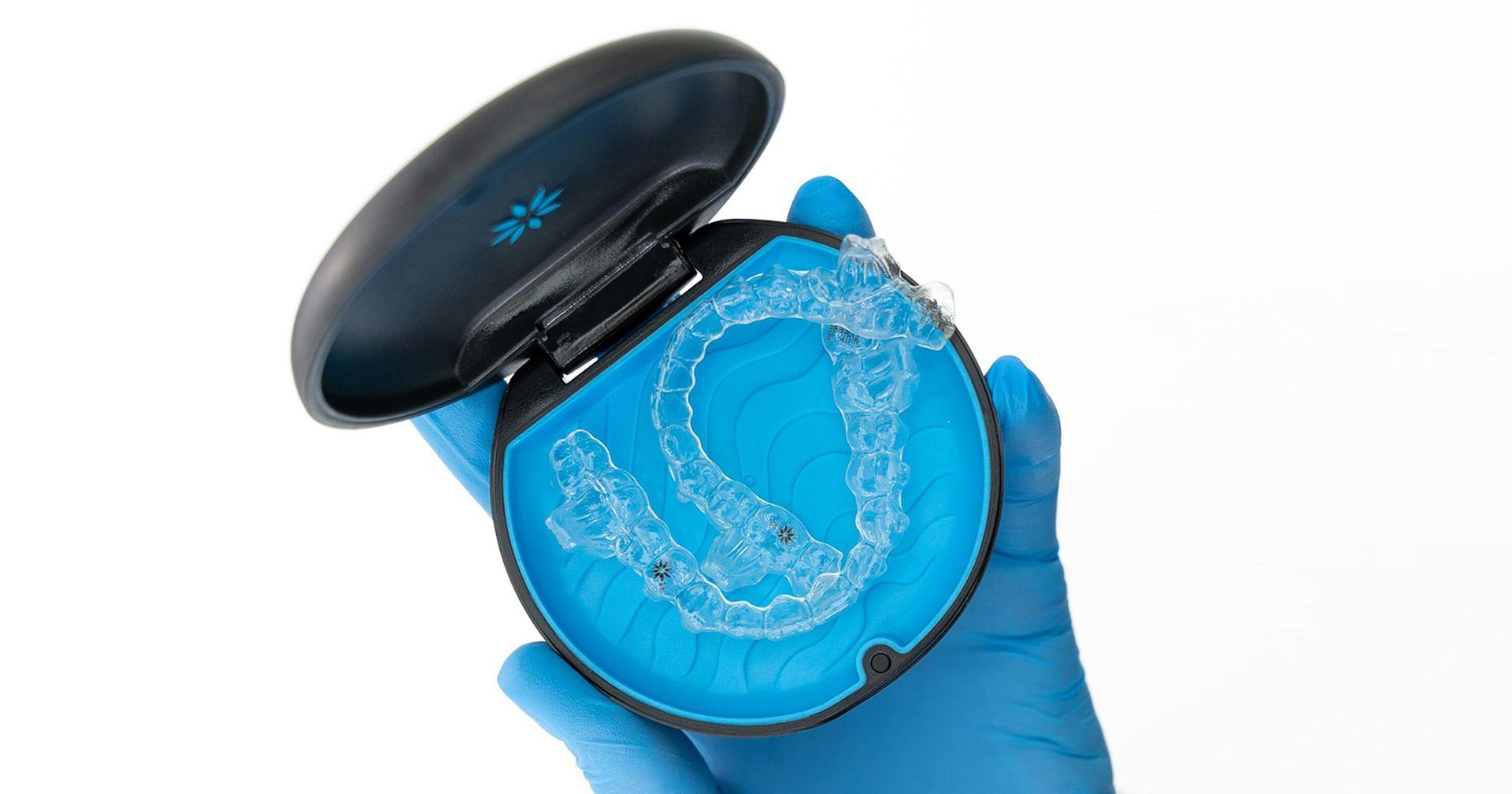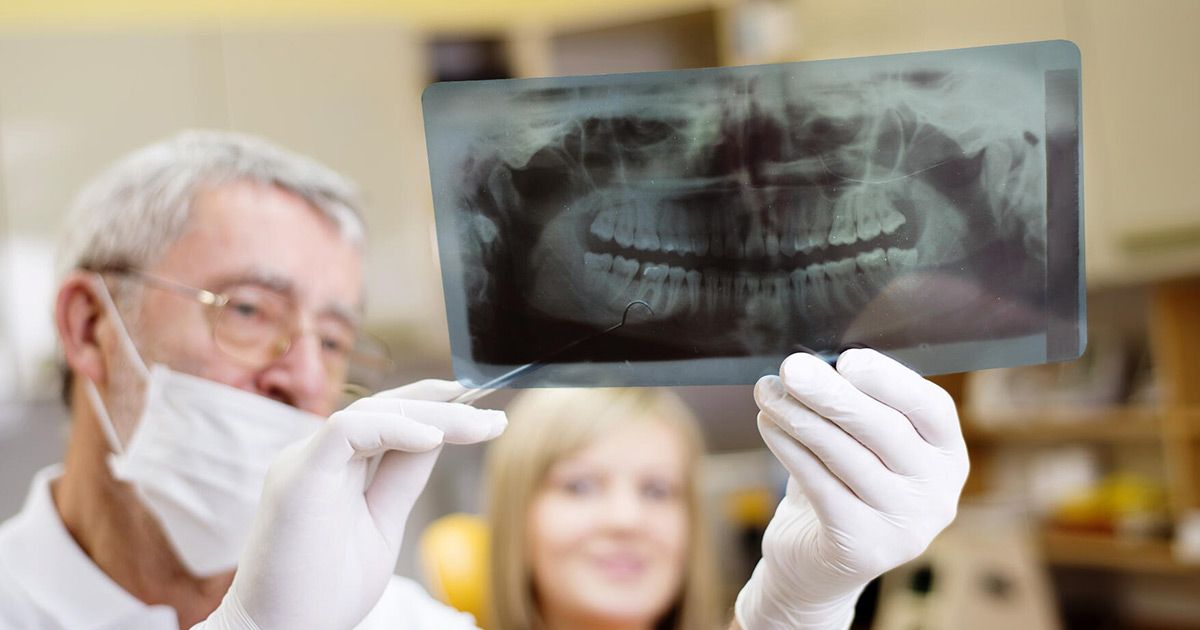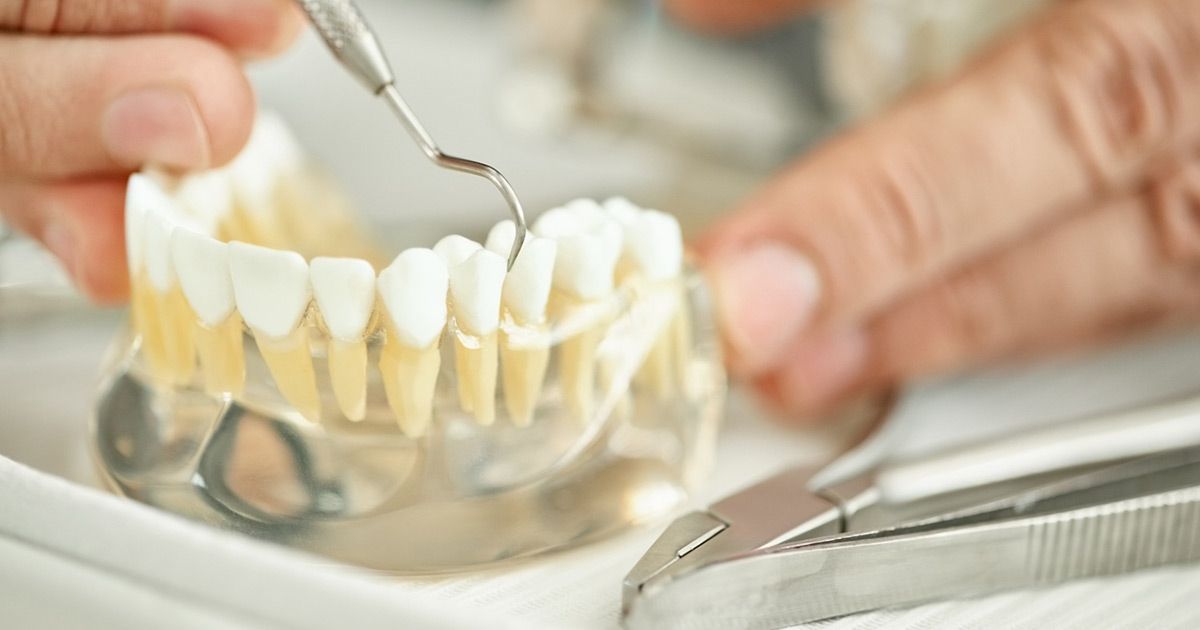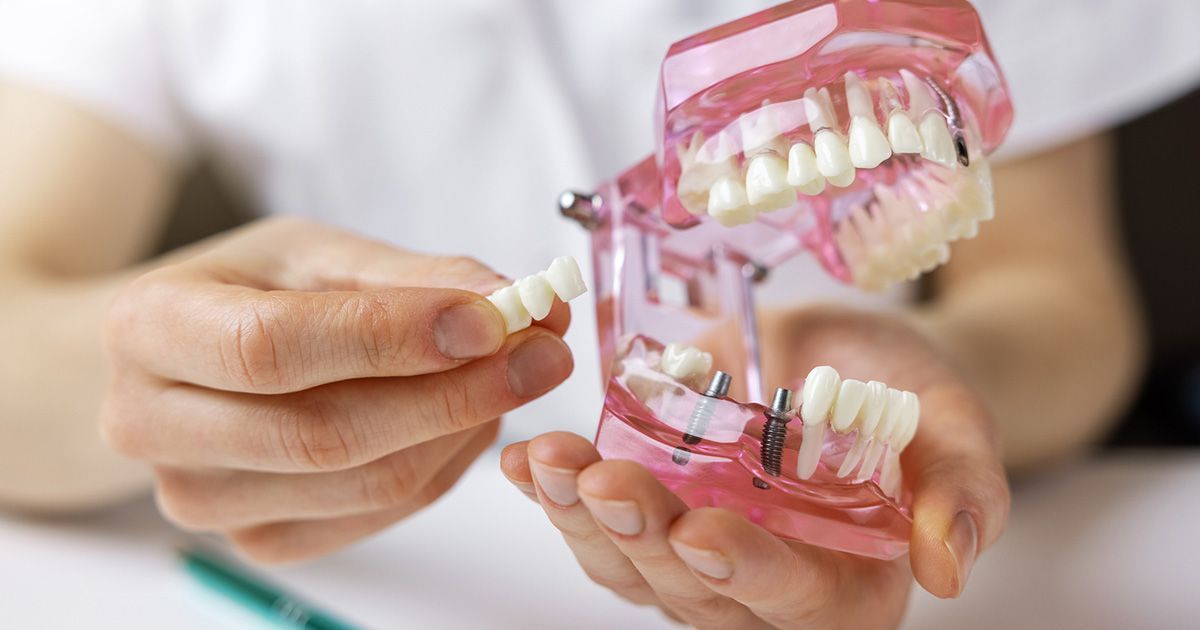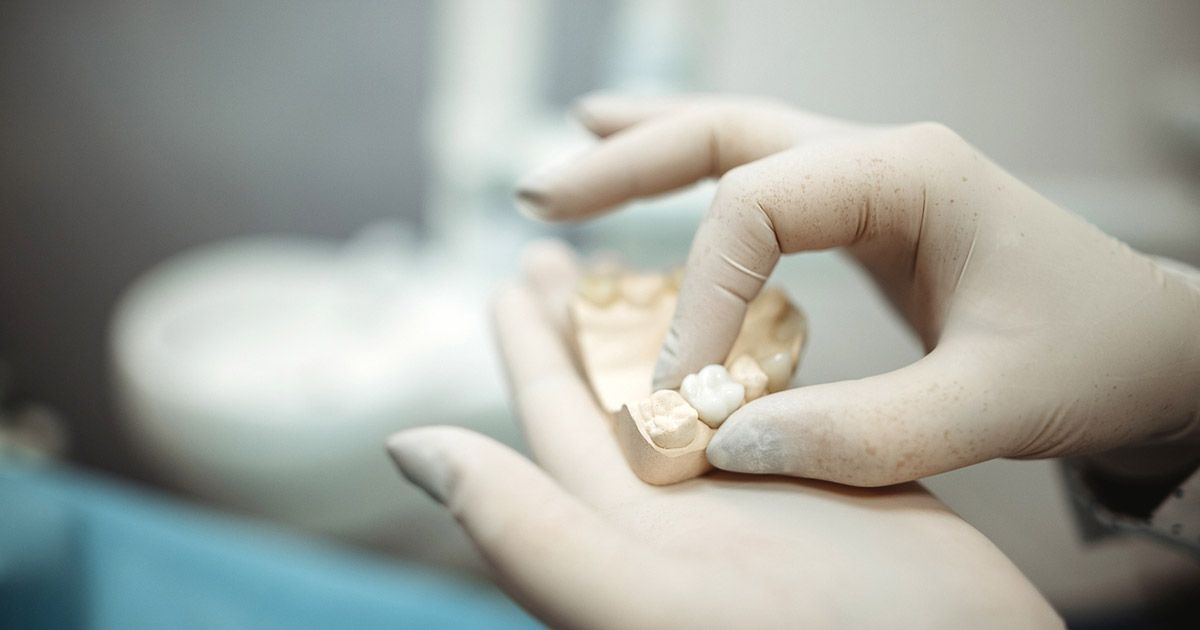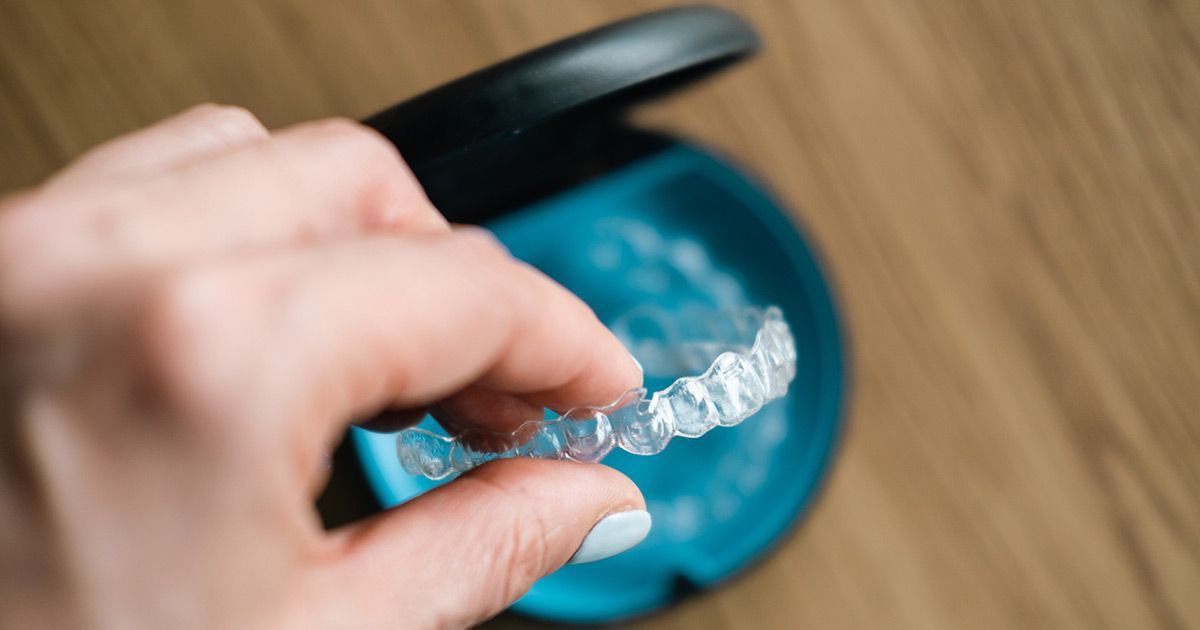How to Prepare for Dental Implant Surgery: Tips for a Smooth Experience
Learn how to prepare for screw-in teeth surgery with our expert tips. Ready for your procedure? Start your journey to a confident smile today!
According to Precedence Research, the American Dental Association (ADA) estimates that five million dental implants get placed in the U.S. annually.
Dental implants, also called "screw-in teeth," are becoming increasingly popular because they provide a permanent, long-term replacement option for lost or missing teeth. They also function and look much like natural pearly whites.
So, if you need to replace one, multiple, or all of your teeth, dental implants can be your best, longest-lasting option.
However, getting them requires more preparation since it involves a surgical process.
Don't worry; the Smile On Us dental team is here to share pre-surgery dental tips and a post-oral surgery checklist to help you better prepare for dental implantation.
Confirm Eligibility for Screw-In Teeth
The first step to dental implant preparation is to schedule an oral examination to determine whether you're a good candidate for the procedure. During the examination, your teeth and gums will undergo a comprehensive check-up from your dentist in Hollywood, FL.
Here's what your implant dentist will look for (and what you can expect) during the initial dental implant consultation.
Jawbone Density and Health
Dental implants require a solid, stable base, which a healthy jawbone should provide. If there isn't enough healthy jawbone, you may have to undergo a bone graft before your dentist can proceed with the rest of the dental implant surgery steps. A bone graft will improve the health and density of your jawbone.
Jawbone density and health will also influence the type of dental implant best suited to your case. For example, with enough healthy bone, you will likely get endosteal tooth implant surgery. Otherwise, your dentist may use subperiosteal, zygomatic, or mini implants, some of the other common types of dental implants.
Existing Oral Health Conditions
If you have existing gum disease and tooth decay, your dentist must treat them first. According to the U.S. CDC, these are the two oral conditions (in addition to severe tooth loss) that most affect people's overall health and quality of life.
Dental health problems can also impact your eligibility for dental implants. For example, tooth decay can lead to gum infection, while infected and diseased gums may be unable to support implants. However, once your dentist has treated them, they can start planning your dental implant treatment.
Improve and Maintain Optimal Oral Hygiene
Brushing your teeth at least twice daily and flossing once daily is crucial to optimal oral hygiene, whether your teeth are in top shape or you're about to get
dental implants or bridges. Such practices help control plaque and tartar, some of the primary causes of oral conditions like tooth decay and gum disease. Since these oral health woes can affect your eligibility for implant surgery and overall health and quality of life, avoiding them should be a top priority.
Quit Smoking
As SmokeFree.gov explains, smoking harms nearly all organs in the body. Smoking even just one cigarette a day can already negatively impact the body's wound-healing ability. It can also worsen tooth and gum pain.
If you smoke, please do your best to quit. It can help you prepare better for implant surgery and minimize the risks of post-procedure complications. Most importantly, it will be good for your overall health and well-being.
Avoid Alcohol
According to a Medical News Today article, alcohol consumption right before surgery can lead to severe complications. It can increase bleeding and interfere with anesthesia. It can also increase one's risk for post-operative complications.
The same article notes that researchers recommend alcohol abstinence two to four weeks before surgery to minimize the risk of surgical complications. It's also best to avoid alcohol for five to six weeks after the procedure.
So, as part of your implant preparation and dental recovery plan, please abstain from drinking alcohol. Doing so can help you heal optimally. It can also help prevent dangerous complications, which could affect
dental implants' longevity and success rate.
Get Enough Sleep
Getting enough sleep (between 7 and 9 hours for adults) is vital to good health. However, it's even more crucial before surgeries.
Research published on Thieme suggests poor sleep can increase pain sensitivity. The researchers also noted that sleep disturbances can significantly impact post-surgery recovery.
So, get at least 7 to 9 hours of ZZZs as much as possible, especially the night before your implant surgery. Avoid caffeine, do something that relaxes you (e.g., a long, warm bath), and turn off blue screens one to two hours before sleeping.
Must-Dos On the Day of the Surgery
Your implant dentist will give you instructions for the big day, so please follow them all. For instance, they may ask you to fast for a few hours before surgery.
Arrange for a family member or a close friend to drive you home on the day of the surgery. You may feel woozy from the anesthesia, making it risky for you to drive.
Wear something comfortable, such as light and loose clothing, on the big day.
Post-Dental Implant Surgery Care Tips
Your dentist will give you aftercare instructions after your implant surgery. Again, please follow these instructions "to a T."
Here's a checklist of tips to help with your recovery:
- Take the medications prescribed by your dentist as instructed
- Use an ice pack or cold compress to help minimize pain and swelling
- Avoid sucking from a straw, as this could keep the blood from clotting
- Avoid consuming anything hot for the next 24 hours following the surgery
- Eat soft or mashed foods, smoothies, cold soups, and yogurts
Your dentist may also instruct you to resume brushing and rinsing your mouth 24 hours after the surgery. You can use a warm saltwater solution to help keep your mouth clean.
Prepare for Your Implants Starting Today
Preparing for a dental implant or screw-in teeth surgery may seem like a long, tedious process, but it's worth it. Remember: Once you have the implants, you can regain your dazzling smile and eat and speak better.
If you're ready to enjoy the benefits of dental implants, Dr. Ilya Freyberg and his compassionate team at Smile On Us are happy to be of service! Dr. Freyberg has been helping patients improve and maintain optimal oral health for over twenty years.
Schedule your visit with us today so we can get started on your smile makeover!
